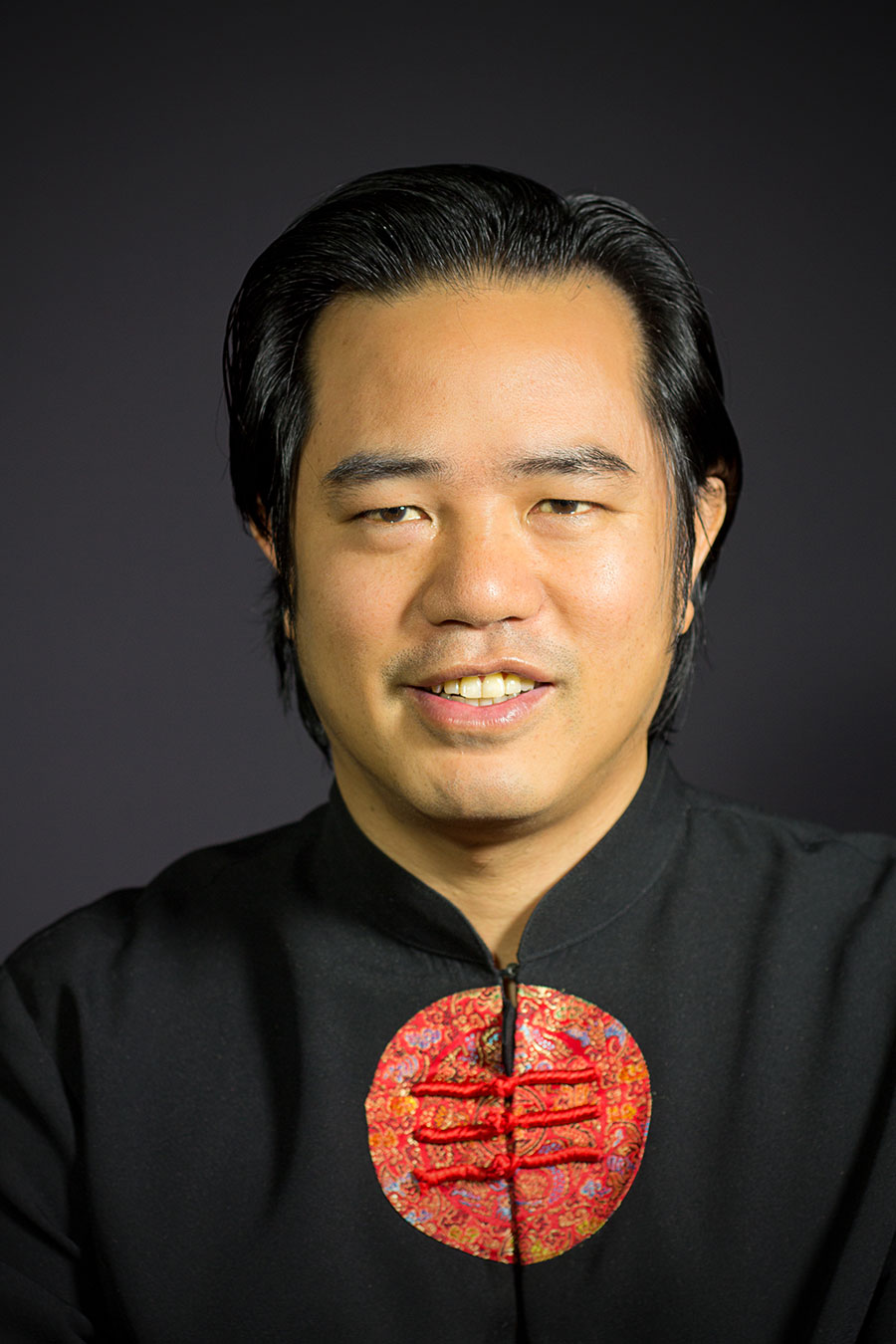Kagan Goh
Kagan Goh was born in Singapore in 1969. After years of traveling, he emigrated with his family to Canada in 1986 and now resides in Vancouver. He is an award-winning documentary filmmaker, a spoken word poet, novelist, playwright, actor and mental health activist. Kagan is an author who has been published in anthologies such as “Strike the Wok”: an Asian Canadian anthology of short fiction (TSAR Publications); Henry Chow and Other Stories from the Asian Canadian Writers Workshop (Tradewinds Books), SARE 50 (South East Asian Review of English, Issue 50), Alive At the Center: an anthology of poems from the Pacific Northwest (Ooligan Press) and the Writers Studio 2010 and 2012 emerge (Simon Fraser University). In 2012, Select Books, Singapore, published his first book Who Let In the Sky?
Kagan was diagnosed with manic depression at 23 in 1993 on Valentines Day. When his parents took him to see a psychiatrist, he laughed when the symptoms of mania were described to him, thinking they were the positive traits of his personality. Then he was struck with his first depression and he stopped laughing. Over a period of ten years, he suffered several psychotic episodes and a dozen hospitalizations. He started writing about his experiences and became involved in Vancouvers literary community. He became an established spoken word poet who performed at open mics, readings, festivals and radio. His personal mission is to educate people about mental health issues and fight stigma against the mentally ill.
Central themes running through his work are the damaging effects of the stigma of mental illness and the exploration of illness as a vehicle for personal growth and spiritual transformation. As a person with a bipolar condition (manic depression), he considers himself to be an emotional empath and believes the expression of all emotions – ranging from self-pity, indignation, sadness, grief, anger, hate, frustration and happiness – are valid and healthy phases in the journey of recovery towards self-acceptance, wholeness and healing. Kagan’s personal stories illustrate his transformation from victim to survivor to activist.
“The illness aspect of mental illness accounts for only the tip of the iceberg. There is so much hidden potential beneath the surface. I refuse to call manic depression or bipolar a “disorder” or an “illness.” I prefer to call manic depression a “condition” for it has the potential to be a tremendously positive force in one’s life. In my life I try to harness this untapped source of creativity and spirituality, not just to survive but thrive by turning this curse into a blessing, transforming my mental health into mental wealth by embracing this all too human bittersweet condition called Life.”
Follow

